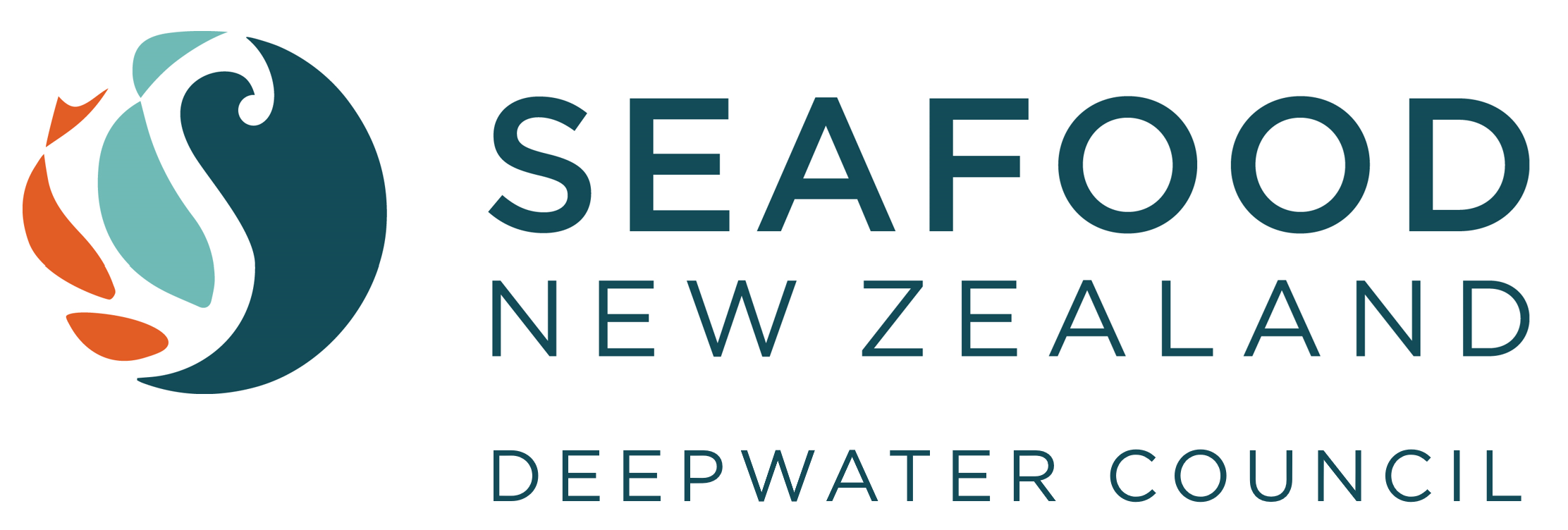Hake and ling from New Zealand are now among the top 8% of global sustainable fish species after being recognised by the Marine Stewardship Council (MSC).
Each of the three New Zealand hake trawl fisheries, five ling trawl fisheries and five ling long line fisheries have been certified as sustainable against the MSC standard – the ‘gold standard’ for sustainable seafood production.
Only 8% of the world’s wild-capture harvest is certified through the global MSC programme which sets high internationally-accepted standards for sustainable fishing and provides consumers with assurance that MSC certified seafood is sustainable, based on sound, independent science.
Chief Executive of the Deepwater Group (DWG), a non-profit organisation representing quota owners in New Zealand’s Exclusive Economic Zone (EEZ) fisheries, George Clement, says MSC certification verifies the world-class management of New Zealand’s fisheries.
“This achievement is a testament to the New Zealand seafood sector’s ongoing commitment to sustainable utilisation and their ongoing partnership with the Ministry for Primary Industries to ensure these fisheries are managed for the future,” said Mr Clement.
“The MSC certification process is not an easy one – it is both rigorous and open to full public scrutiny,” said Mr Clement.
“DWG is leading the field with their continued commitment to certify their fisheries to our global standard for sustainable fishing. Seafood lovers can be confident these MSC certified sustainable fisheries have proven that their stock is healthy, their impact on the marine environment is minimal, and that they’re well managed,” said Country Manager for MSC, Patrick Caleo.
The three trawl fisheries for hake and the five trawl fisheries for ling are all certified without any conditions (or areas flagged for improvement). Very few fisheries around the world can claim that achievement, New Zealand’s hoki and southern blue whiting fisheries being amongst the few.
The five ling long line fisheries are each certified with three conditions which require DWG to obtain further information to demonstrate that its fishers’ interactions with seabirds are not providing any adverse risks to their populations. DWG is confident that it can provide the required information and close these conditions.
DWG has embarked on an ambitious programme to obtain MSC certification for not less than 85% of the seafood production from New Zealand’s EEZ (amounting to some 29 fisheries being certified). With the ling and hake fisheries certified they now have over 70% of New Zealand’s catch from the EEZ MSC certified (17 fisheries certified) with a further 14% either under assessment or in Fisheries Improvement Projects towards MSC assessment.
Further information
Websites:
www.msc.org
www.deepwatergroup.org
Downloads:
The sustainable management of New Zealand hake
The sustainable management of New Zealand ling
Contact:
George Clement, Chief Executive, Deepwater Group, George@deepwatergroup.org, +64 21 932 369
